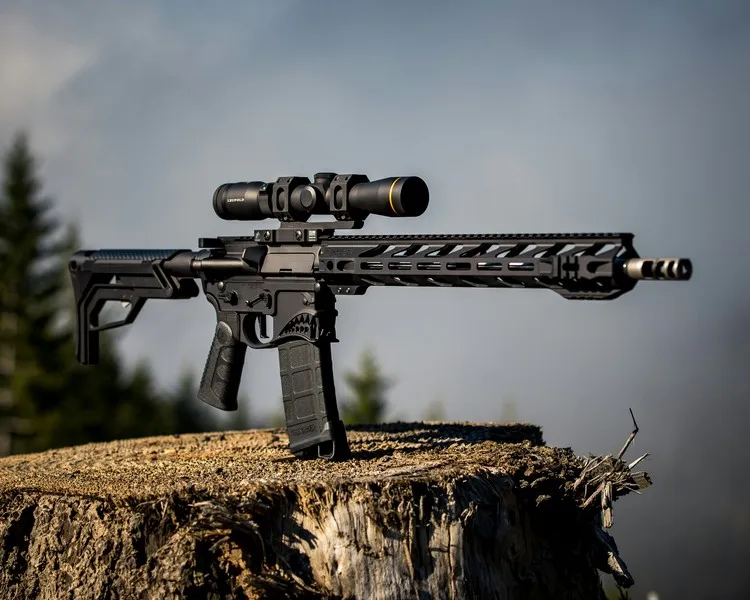In the field of sociology, arms control refers to the regulation and limitation of the development, production, stockpiling, and use of weapons. It is an important area of study that examines the social, political, and economic factors that influence the control and proliferation of arms at both national and international levels.
The Importance of Arms Control
Arms control plays a crucial role in maintaining global security and stability. By limiting the production and deployment of weapons, it aims to prevent or reduce the likelihood of armed conflicts, minimize the risk of accidental or unauthorized use of weapons, and promote peaceful coexistence among nations. Arms control measures are designed to address the challenges posed by the proliferation of weapons, including conventional weapons, nuclear weapons, and other forms of weaponry.
Types of Arms Control
Arms control can take various forms, depending on the specific weapons being regulated and the context in which they are used. Some common types of arms control include:
- Disarmament: This involves the reduction or elimination of weapons stockpiles. It can be unilateral, where a country voluntarily reduces its own weapons, or multilateral, where multiple countries agree to disarmament measures.
- Non-Proliferation: Non-proliferation efforts aim to prevent the spread of weapons to new states or non-state actors. Treaties, agreements, and export controls are often used to limit the transfer of weapons and related technologies.
- Arms Limitation: Arms limitation agreements set numerical or qualitative limits on the development, production, or deployment of specific types of weapons. These agreements can be bilateral or multilateral.
- Arms Verification: Verification measures are used to ensure compliance with arms control agreements. These may include inspections, monitoring, and reporting mechanisms to verify that countries are adhering to their commitments.
Factors Influencing Arms Control
Arms control is influenced by a range of social, political, and economic factors. Some key factors include:
- Security Concerns: The perceived threats and security challenges faced by nations often drive their decisions regarding arms control. Countries may seek to enhance their security through arms buildup or pursue arms control measures to reduce tensions.
- Power Dynamics: The distribution of power among states can impact arms control negotiations. Countries with greater military capabilities may exert influence over the terms of agreements.
- International Relations: The dynamics of international relations, including alliances, rivalries, and diplomatic efforts, can shape the prospects for arms control. Cooperation and trust-building among nations are crucial for successful arms control initiatives.
- Economic Considerations: The economic costs associated with arms production and maintenance can influence arms control decisions. Countries may prioritize economic development over military expenditures, leading to arms reduction initiatives.
- Public Opinion: Public attitudes towards arms control can also impact policy decisions. Public pressure and advocacy play a role in shaping the political will to pursue arms control measures.
Challenges and Future Directions
While arms control efforts have achieved significant successes over the years, several challenges persist. These challenges include the emergence of new technologies, such as cyber weapons and autonomous systems, which require novel approaches to regulation. Additionally, the complex geopolitical landscape, competing national interests, and the lack of trust between nations pose obstacles to effective arms control.
Looking ahead, the future of arms control lies in addressing these challenges through innovative approaches and multilateral cooperation. Strengthening international institutions, fostering dialogue, and promoting transparency are essential for advancing arms control objectives and ensuring a safer and more peaceful world.
In conclusion, arms control is a vital field of study in sociology that examines the regulation and limitation of weapons. By understanding the social, political, and economic factors that influence arms control, we can work towards a world that is more secure, peaceful, and free from the devastating consequences of armed conflicts.





